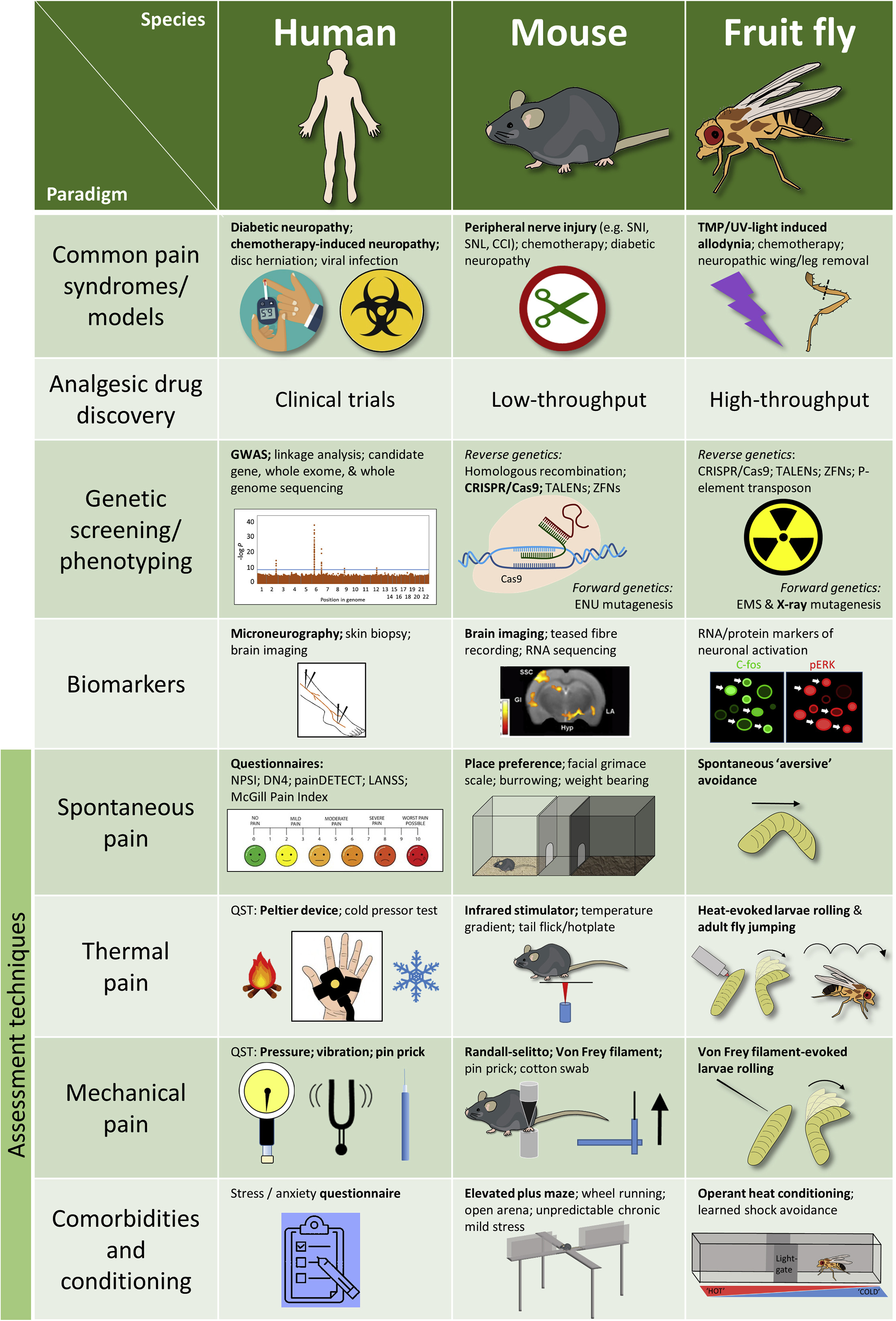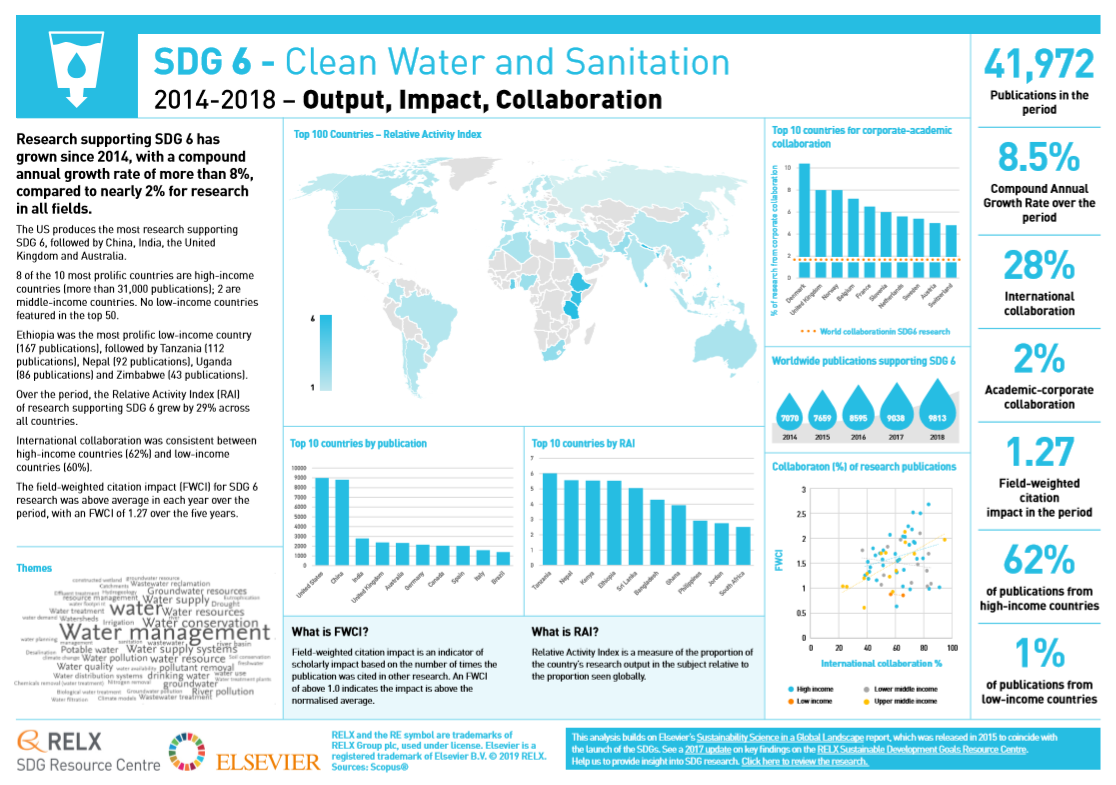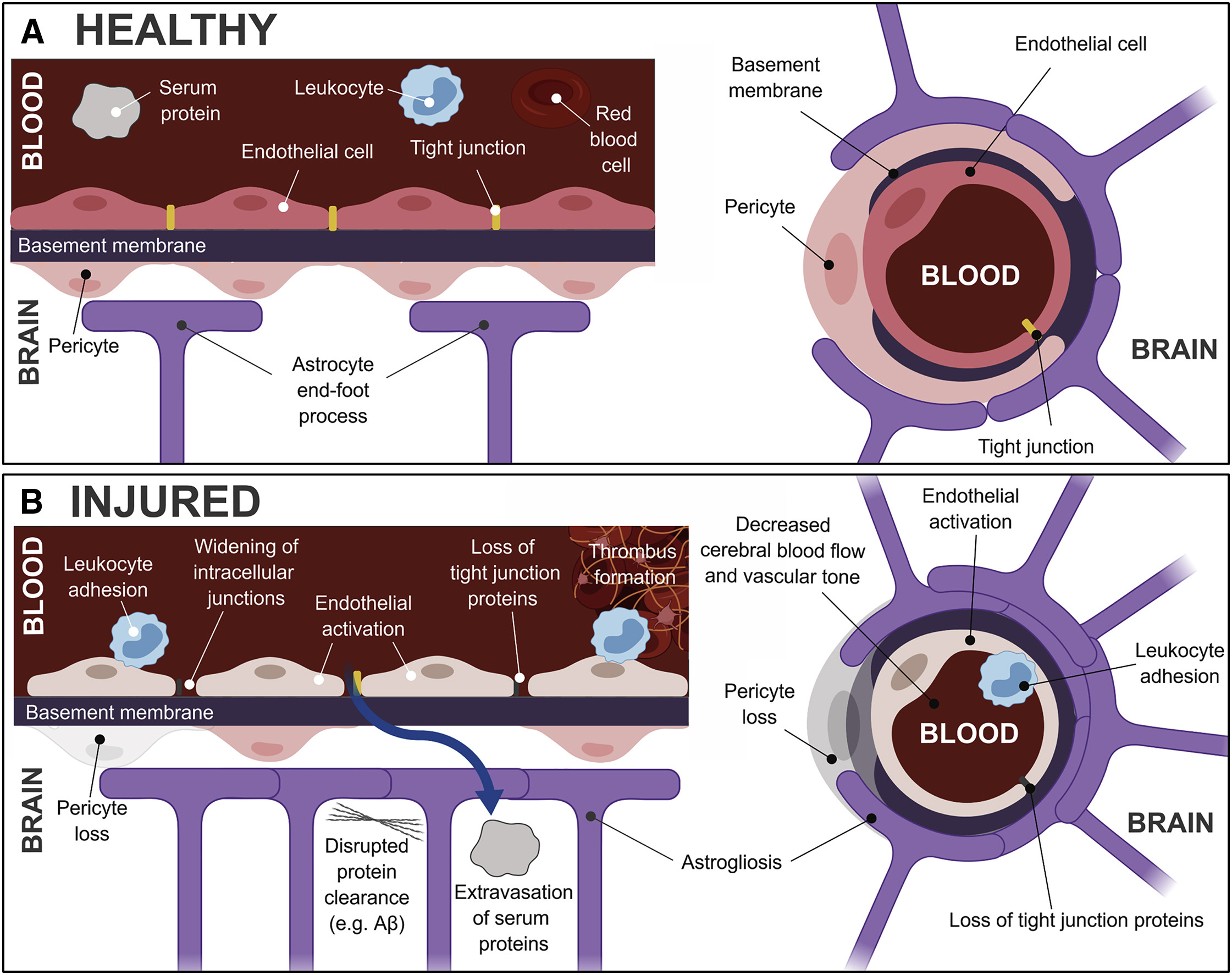Global issues are inextricably linked to the United Nations' Sustainable Development Goals (SDGs). Established in 2015, the SDGs provide a universal blueprint for peace and prosperity for people and the planet, now and into the future. They encompass a wide array of global challenges, such as poverty, inequality, climate change, environmental degradation, peace and justice, among others, making them a comprehensive framework for international cooperation and action. Each SDG is further divided into specific targets, which are designed to address these challenges at multiple levels.
One of the fundamental principles of the SDGs is that they are interconnected; solving one issue often contributes to resolving others. For example, tackling poverty (SDG 1) can help reduce hunger (SDG 2) and improve health and well-being (SDG 3). Similarly, pursuing quality education (SDG 4) can empower women (SDG 5), and create decent work and economic growth (SDG 8). In turn, these efforts can contribute to reduced inequalities (SDG 10) and promote peace, justice and strong institutions (SDG 16).
In the era of globalization, the role of international cooperation in achieving the SDGs is crucial. The global nature of many contemporary challenges, such as climate change or the COVID-19 pandemic, necessitates that nations work together to address these issues. As such, the SDGs provide a shared global agenda that transcends national borders and brings together diverse stakeholders, including governments, civil society, the private sector, and individuals.
While the SDGs provide the framework for global action, they also have implications for local and national contexts. Countries, regions, and cities are encouraged to tailor the global SDGs to their own contexts, developing local strategies and initiatives to achieve these goals. By addressing global issues at both global and local scales, the SDGs promote a multilevel, integrated approach to sustainable development.
Overall, the relationship between global issues and the SDGs is one of mutual influence and interdependence. The SDGs reflect the urgent need to address global challenges, while also providing a pathway towards solutions. They are a testament to the power of international cooperation and the potential for collective action to create a more sustainable, equitable, and prosperous world.
Global Mental Health and Neuroethics, Global Mental Health in Practice, 2020, Pages 237-261



